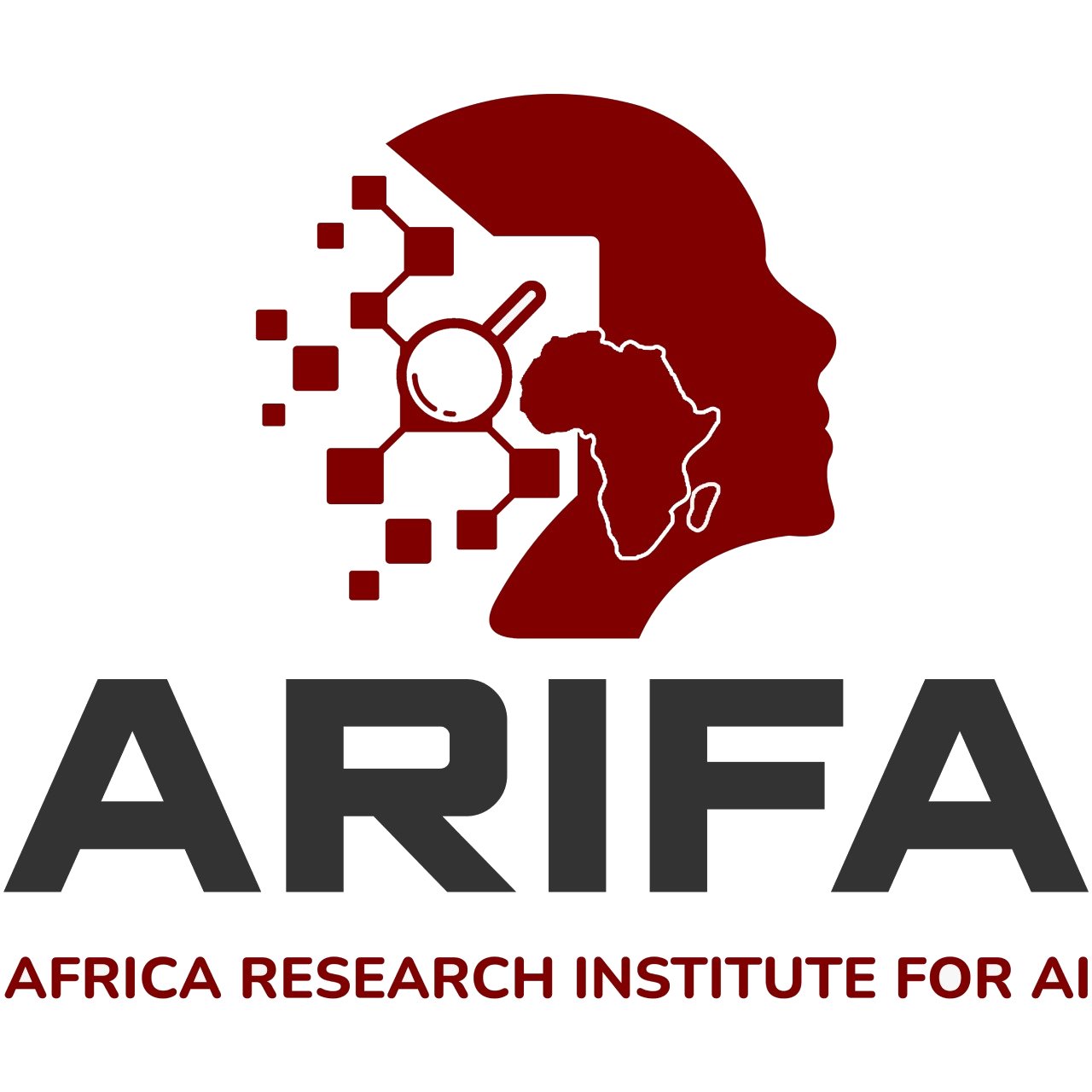
Recent AI-Powered Financial Intelligence for Enhancing Monetary Policy, Financial Inclusion, and Regulatory Oversight in the EAC
ARIFA implemented a regional research project which aimed to harness the power of AI to modernize financial governance and improve economic resilience across the region.
The project explored how AI-driven tools such as machine learning, predictive analytics, and natural language processing can be applied to central banking operations, credit risk analysis, fraud detection, digital identity, and inclusive financial services. Special focus was placed on real-time data processing for more responsive monetary policy and regulatory frameworks, particularly in the face of rapidly evolving fintech ecosystems.
The findings from this project provide actionable insights for policymakers, regulators, and financial institutions seeking to strengthen financial stability, improve access to credit, and enhance trust in digital financial systems. By integrating AI into financial governance, the project has laid the groundwork for smarter, more inclusive, and forward-looking financial systems across the EAC.
